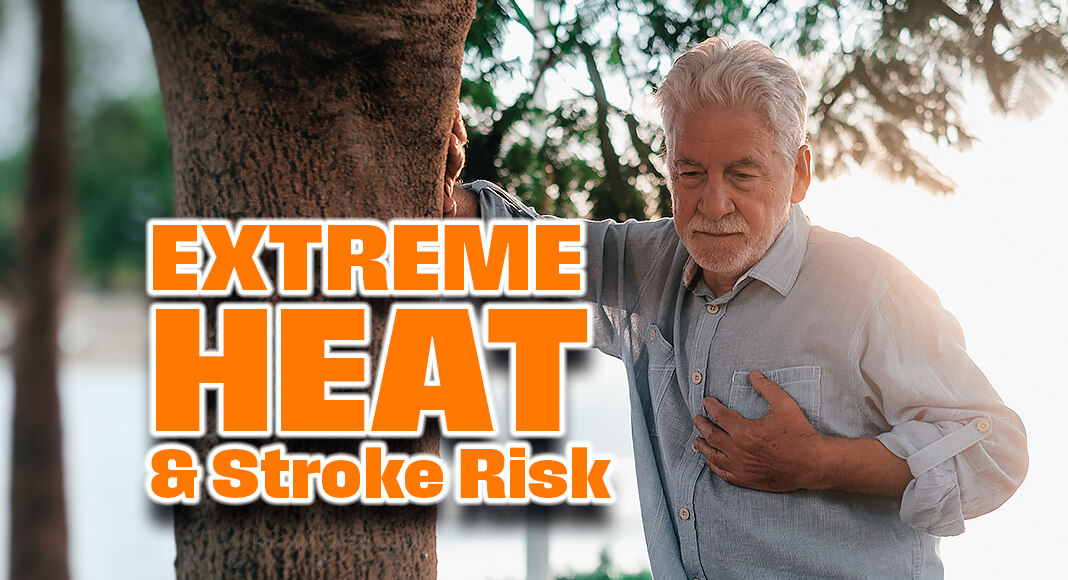
Mega Doctor News
CLEVELAND CLINIC – As we get outside to enjoy the sunshine, it’s important to remember how the summer heat can take a toll on our bodies.
Staying outside for too long on a hot day may increase risk of stroke.
“Extreme heat adds incredible physiological stress to the individual and that can increase your risk of both ischemic and hemorrhagic stroke,” explained Marc Babi, MD, a neurocritical care specialist with Cleveland Clinic Florida.
Dr. Babi said one of the reasons behind the increased risk is that hot weather can lead to dehydration.
Not having enough water in your body can ultimately make your blood more likely to clot, leading to a stroke.
Although older adults and those with preexisting conditions may be more vulnerable, everyone should take precautions in extreme temperatures.
Dr. Babi said it’s important to stay hydrated and avoid strenuous activities when temperatures soar.
It’s also a good idea to check the weather and try to stay inside during the hottest points of the day.
“Not as an absolute rule, but in general, anytime it’s over 90 degrees outside, be mindful there is an increased risk of physical exhaustion, which in turn can add incredible stress on the body,”Dr. Babi said. “And in those folks who are susceptible, or have underlying cardiovascular disease, all of this can increase the risk of stroke.”
Dr. Babi stressed to call 911 right away if you or someone you know is experiencing stroke symptoms.









